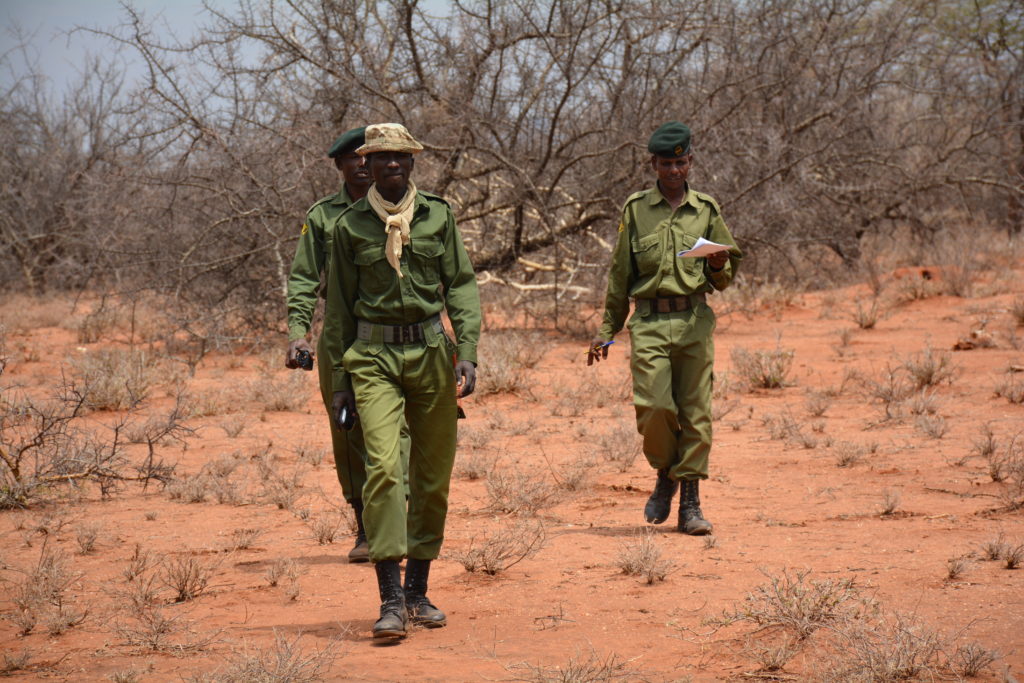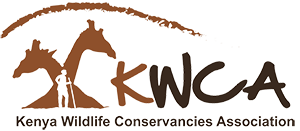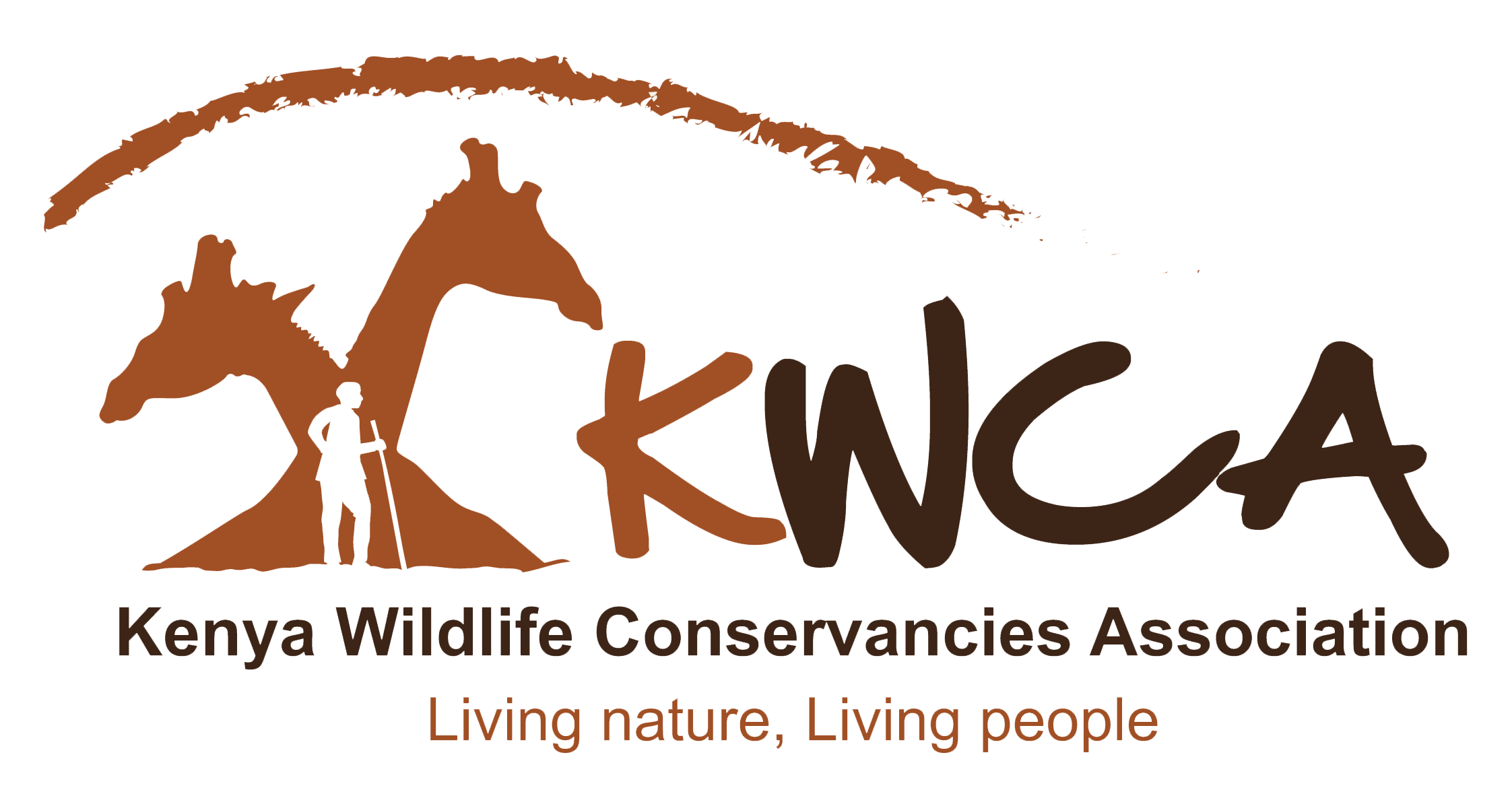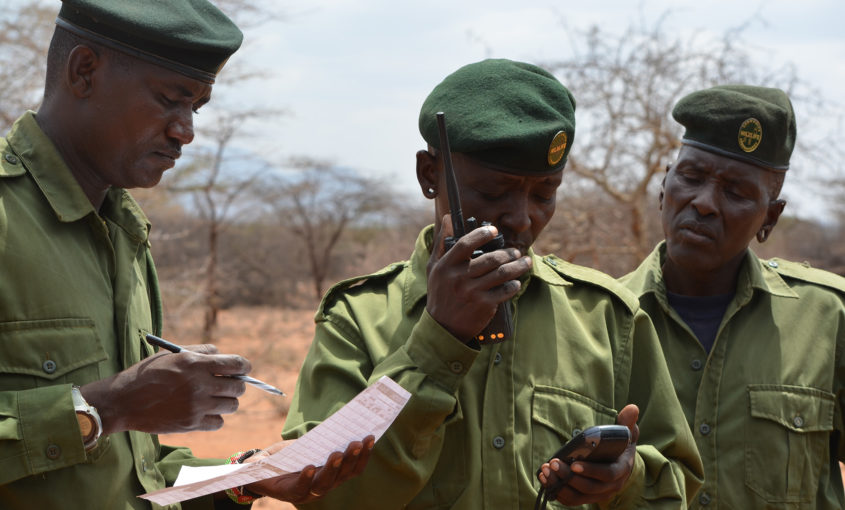Amidst COVID-19 situation, community conservation must continue
Globally, the tourism sector is among one of the economic sectors worse hit by the impacts of the novel coronavirus COVID-19. In Kenya, Tourism, Kenya’s second foreign exchange earner that contributes 9% of the Country’s GDP has temporarily collapsed. If this pandemic is not contained, Kenya risk losing more than $ 1.6 Billion income from the tourism sector, at a time when more funds are needed for the health and other sectors. At risk too, is 30 years of effort and investment in conservation, particularly, community based conservation. In Kenya, the wildlife conservation sector heavily relies on the tourism industry.
The collapse of the tourism industry has left parks, reserves, and wildlife conservancies stripped off the vital funding needed to manage land and reward communities and private landowners for the opportunity cost of coexisting with wildlife. Unlike parks and reserves that receive some, often inadequate, funding from national and county coffers, conservancies rely entirely on tourism and grants from conservation partners and charities.Tourism income contributes between 80-90% of conservation management costs in conservancies. Core conservancy management cost include staff, mainly, community rangers salaries, equipment and supplies needed to ensure the watchful eyes of the rangers is active to prevent threats to communities and wildlife.
Without the frontline work of community rangers, human-wildlife conflict, poaching and illegal trade in wildlife and wildlife products will intensify.
Conservancies are the main mechanism for securing wildlife space, connecting habitats, and buffering parks and reserves in Kenya. Conservancies are also the primary mechanism for expanding benefits to rural communities impacted by human-wildlife conflict. Kenya cannot afford a collapse on conservancies that today cover 11% of the country’s landscape. Parks and Reserves are vital but inadequate.
The collapse of functioning conservancies has both human and biodiversity implications. Community Conservancies need our support to survive this pandemic, and recover to sustain the benefits for nature and livelihoods.
Tourism in Conservancies
In Kenya, conservancies cover 11% of the country’s landmass. 83% of the commercial revenue is from tourism sources hence a collapse in tourism has far reaching negative impacts on the security of wildlife and management of conservancy resources.
- 131 Eco-camps in 69 conservancies account 16% of the national bed nights (2,510 beds)
- Contribution of conservancies to the tourism industry is modest at 1.3% but was growing rapidly pre-COVID-19
- In 2017-2018 tourism growth in conservancies was at 18% well above the national average, this growth was expected to continue in 2020 with a 23% and 33% in the south and north respectively
- On average conservancies earned from tourism Kshs 1.2billion translating to an average of Kshs 26.2 million per conservancy (Ranging from Ksh 20,000 to 253 million) annually
- Conservancies use this income to pay salaries and equipment for over 3,500 community rangers and conservancy management staff involved in wildlife management and compensate the landowners for investing their land in conservation, consolation for those affected by wildlife conflict and support livelihood improvement initiatives
There is an urgent need to support conservancies to sustain their critical operations during and immediately after the COVID-19 circumstances. We hereby;
Urge Conservancies
- Pursue alternative income generation avenues for conservation activities in the medium term to reduce reliance on tourism
- We urge our conservancy leaders to undertake every possible action to implement their survival plans ensuring the work of community rangers is sustained during this unprecedented challenge.
- equip conservancy rangers with preventive personal protective gear so as to support COVID 19 awareness among communities
Urge Government
- support the work of community conservancies in Kenya during and after this pandemic to avert the risk of wiping the conservation gains made in the last two decades.
- Covid-19 Reminds us on the clear link between illegal wildlife trade and human health, this should embolden Kenya’s effort to stop trafficking of wildlife and wildlife products, a global total ban on live animals markets and stricter regulation of wildlife trade.
- Operationalise the Wildlife Conservation Trust Fund provided under Wildlife Conservation and Management Act section 23 to create a reserve fund especially during emergencies.
- Enhance communication to the key tourist source markets to restore destination confidence including specific messaging on conservancies as part of the government coronavirus recovery plan
- Include conservancies in national COVID-19 response plans as a key sector that’s likely to experience irredeemable impacts
Urge development and conservation partners and the private sector
- Set up a conservation emergency fund to support conservancies maintain their key staff; community rangers, rangers supervisors and conservancy managers
- Support conservancies with leases payable to landowners to sustain their contracts post Covid-19 situation



